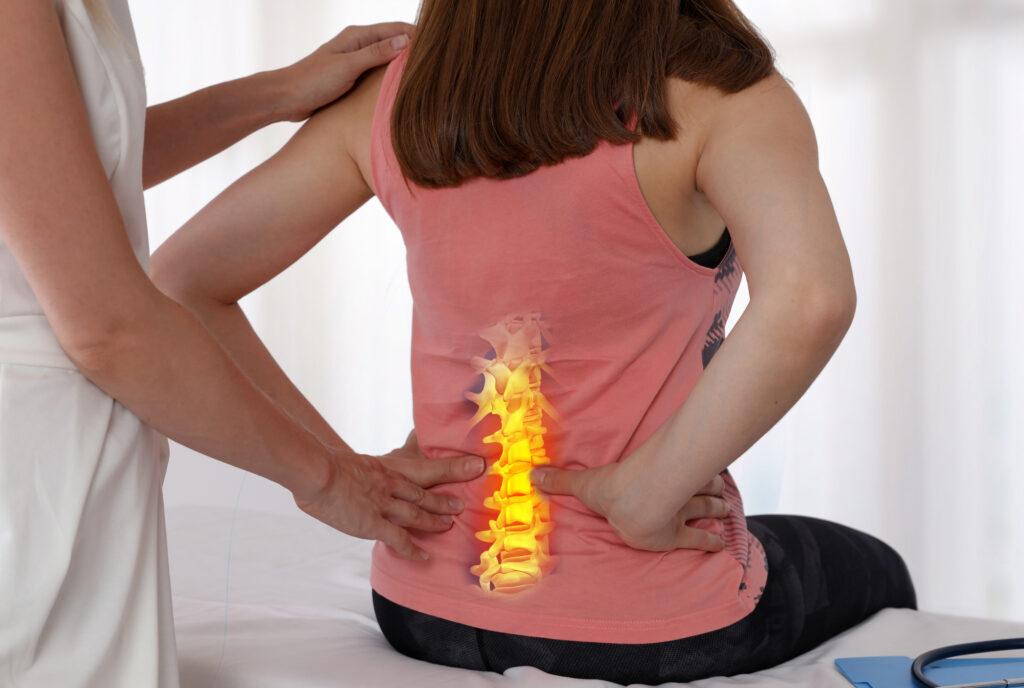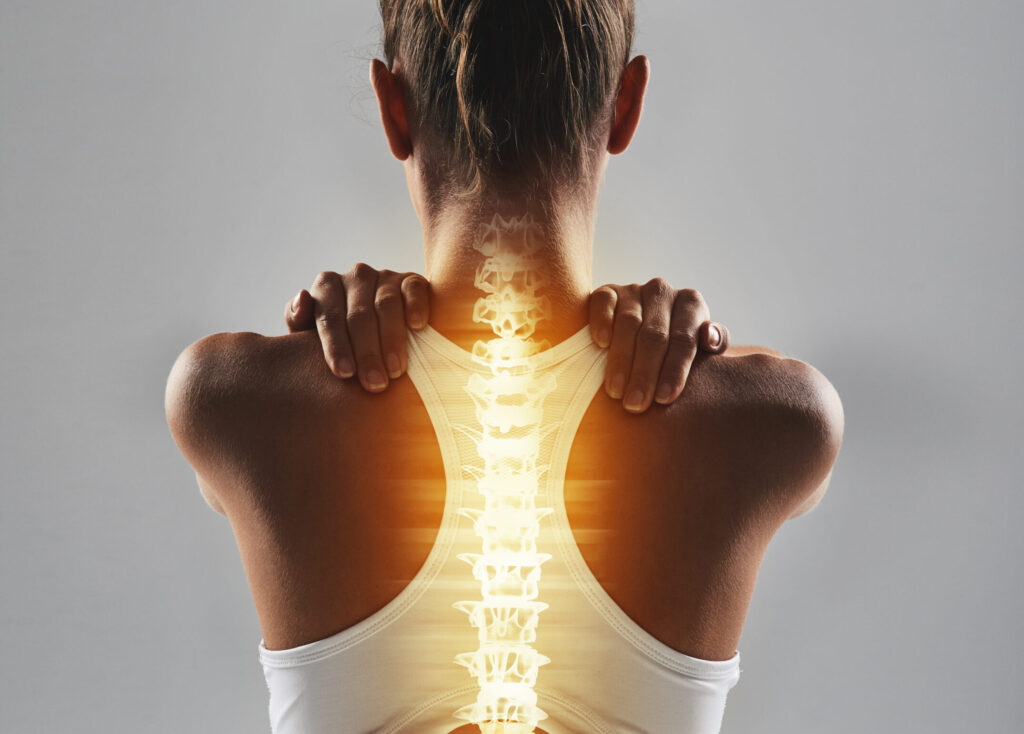 A spinal cord injury can be a devastating event. This type of injury can cause contusions and compressions of the spinal cord. If you or someone you know has suffered a spinal cord injury, it is important to seek medical attention right away.
A spinal cord injury can be a devastating event. This type of injury can cause contusions and compressions of the spinal cord. If you or someone you know has suffered a spinal cord injury, it is important to seek medical attention right away.
Then, you may want to seek legal advice from an experienced trial lawyer, as you may be entitled to compensation for your injury. Contact Cantor Grana Bucker Bucci today for a free consultation.
What is a Spinal Injury?
The spinal cord is an integral part of the human body. It is responsible for carrying messages from the brain to the rest of the body and back again. When the spinal cord is injured, these signals can be disrupted, leading to a wide range of disabilities. Even the slightest interference can be detrimental.
Common Causes of Spinal Injuries
There are many causes of spinal injuries. Some common causes include:
- Motor vehicle accidents
- Falls
- Violent acts, such as gunshot wounds or stabbings
- Sports injuries
- Medical malpractice

Symptoms of Spinal Trauma
A traumatic spinal cord injury or acute spinal cord injury stems from a sudden, traumatic blow to your spine that fractures, dislocates, crushes, or compresses your spinal column.
Some common symptoms of spinal cord injuries include:
- Loss of motor function or movement in the arms or legs
- Inability to feel anything below the injury site
- Tingling or numbness in extremities
- Muscle spasms
- Paralysis
Spinal Contusions
A spinal contusion is a bruise to the spinal cord that causes inflammation and bleeding from blood vessels near the injury site.
Signs of a serious spinal cord contusion include:
- Loss of bladder or bowel function
- Difficulty breathing
- Muscle spasticity
- Difficulty speaking or understanding speech
- Inability to focus or lack of concentration
- Memory Loss
- Spikes or drops in blood pressure or heart rate
Spinal Compressions
Spinal compression is when pressure is applied to the spinal cord by an outside source, such as bones from a vertebral fracture or blood from an adjacent hematoma.
This can cause damage to the nerve fibers and lead to loss of function below the compression site.
Signs of spinal compression include:
- Loss of movement in the arms or legs
- Difficulty walking
- Paralysis

How Are Spinal Injuries Diagnosed?
Spinal cord trauma disrupts nerve impulses: the more significant the injury, the more severe the disruption.
If you are experiencing a spinal injury, your doctor will likely perform a series of tests to diagnose the injury. These tests may include:
- X-rays
- CT scans
- MRI scans
- Myelography (a test that uses X-rays and a special dye to help visualize the spinal cord)
How Are Spinal Injuries Treated?
Treatment for contusions and compressions of the spinal cord will vary depending on the severity of the injury. Some common treatments include:
- Physical therapy
- Bracing or casting to stabilize the spine
- Surgery is sometimes needed to evaluate the injured spinal cord.
- Medications, such as pain relievers and anti-inflammatory drugs
Can I Sue If I Suffer a Spinal Cord Injury?
Spinal contusions and compressions are not uncommon in cases handled by personal injury, spinal cord injury, or motor vehicle accident trial lawyers.
Whether you have suffered a serious spinal injury or an acute spinal cord injury, it is important to seek legal advice. An experienced trial lawyer can help determine if you have a case and guide you through the process.

Contact Cantor Grana Buckner Bucci Today for a Free Consultation
If you have suffered a spinal cord injury, contact one of the experienced lawyers at Cantor Grana Buckner Bucci today for a free consultation.
The Virginia Trial Firm lawyers are well-versed in the mechanism, symptoms, and treatment of spinal cord contusions and compressions. You may be able to sue the person or entity that caused your injury and recover damages for your losses.









